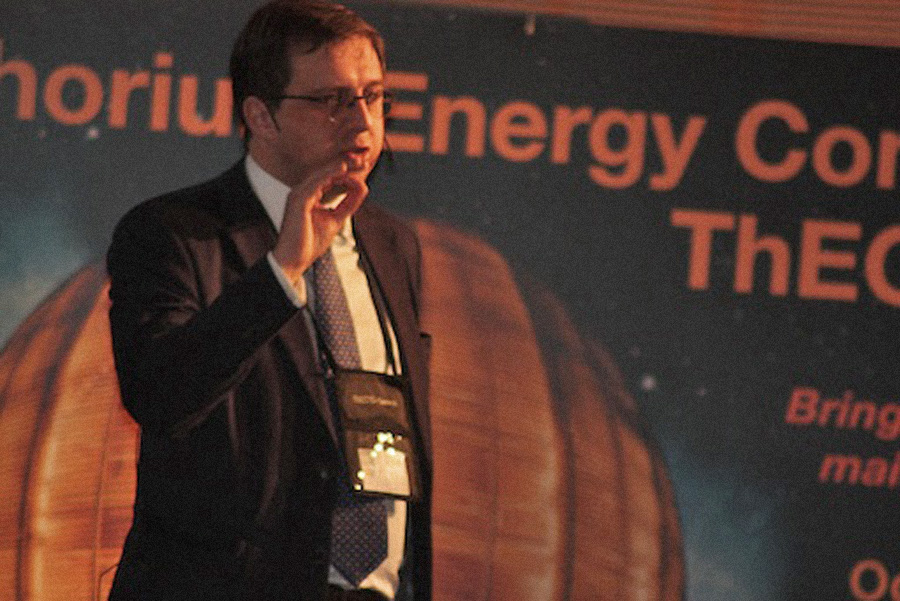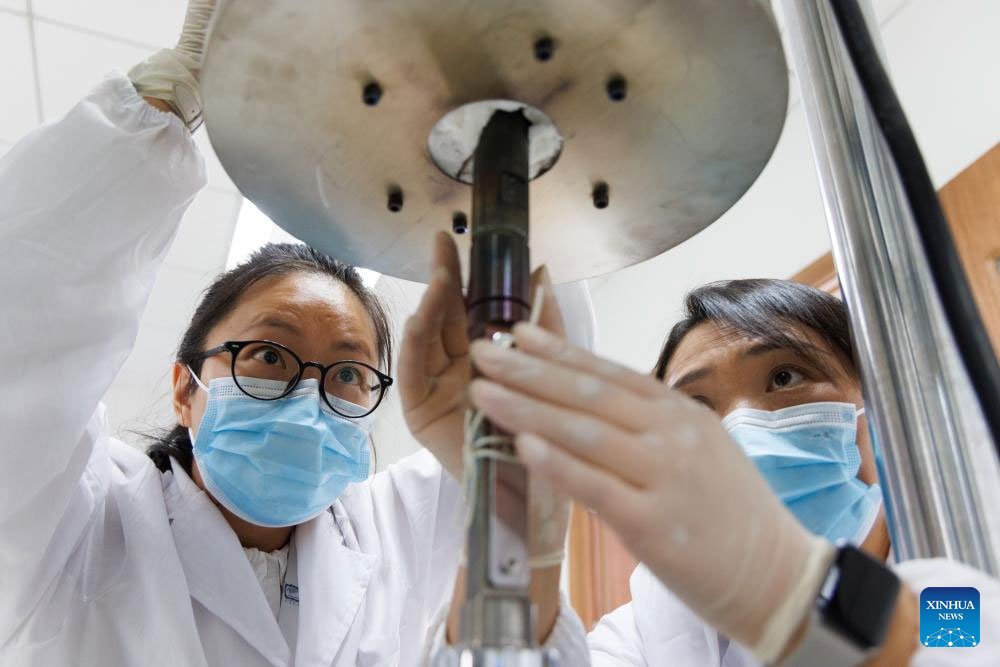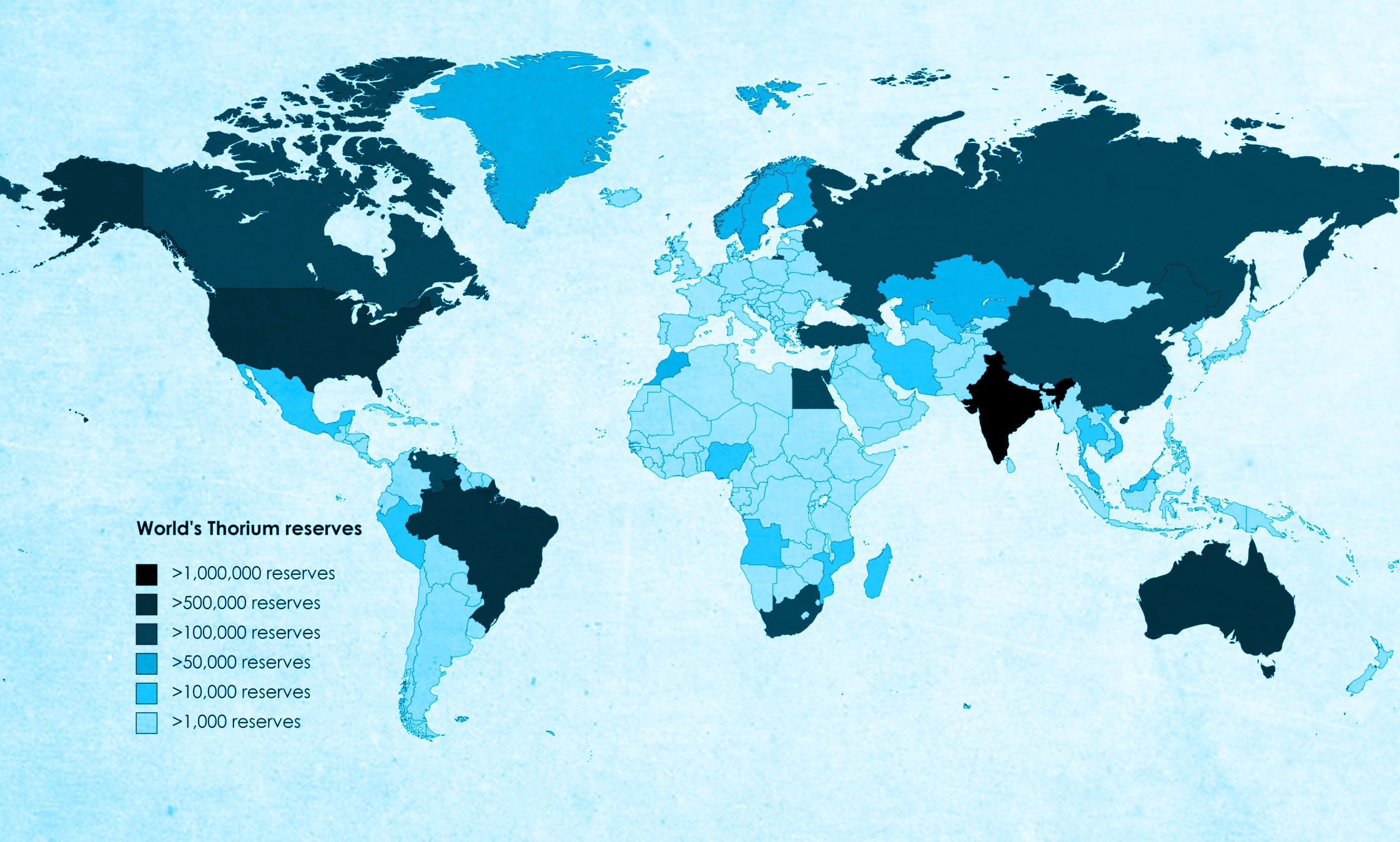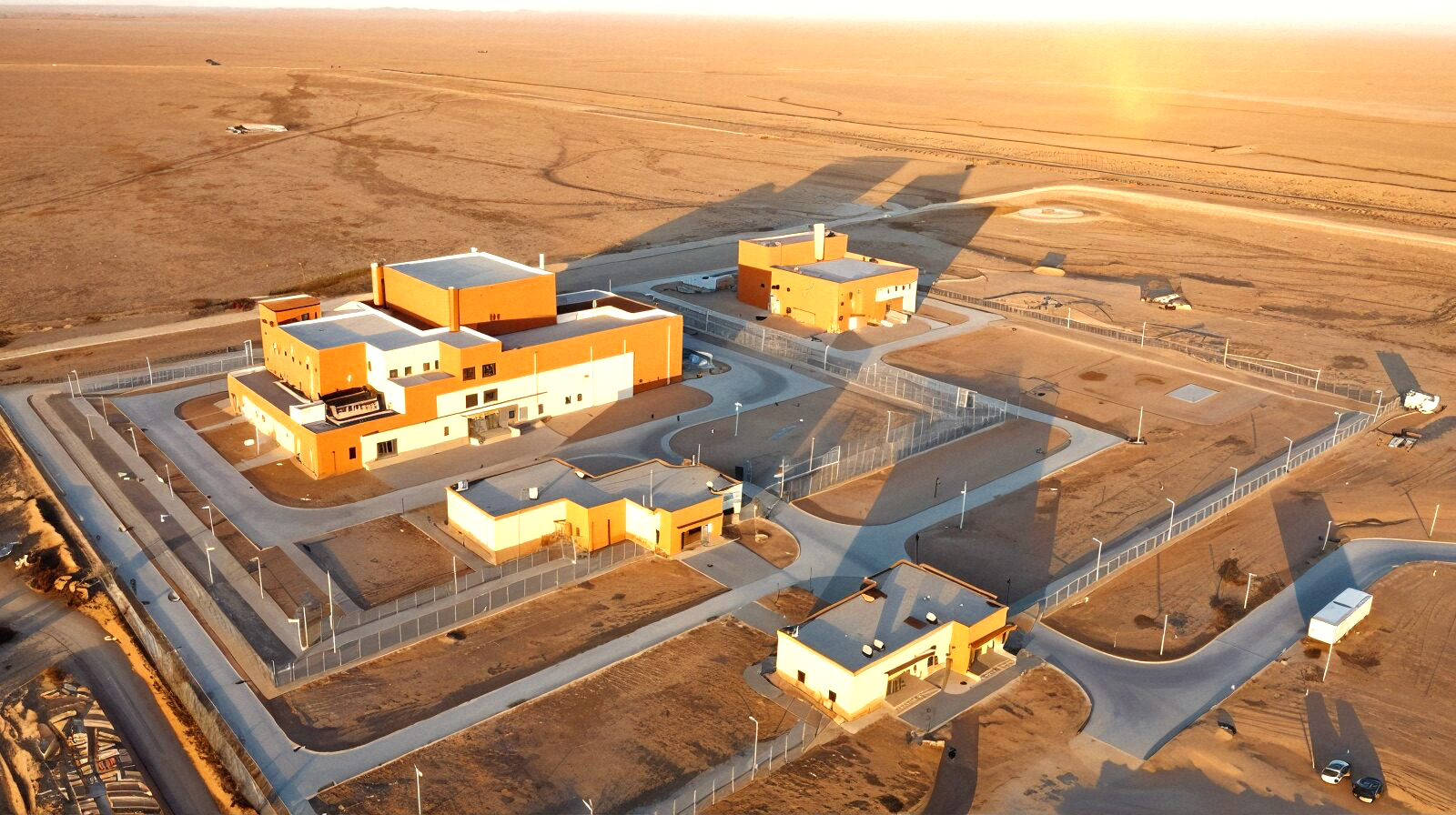GENEVA – French nuclear giant Areva, a stalwart of the conventional uranium-driven large reactor industry, today announced it is collaborating with €12.8 billion Belgian chemical company Solvay to research the possibilities of deploying thorium as a reactor fuel.
“Solvay and Areva have made an agreement to have a joint R&D program working on the whole set of thorium valorization (validation),” Areva vice president Luc Van Den Durpel said in a presentation at the Thorium Energy Conference 2013 at the CERN physics laboratory here.
Van Den Durpel said the effort would cover “the overall worldwide development related to thorium, both in the nuclear energy field and in the rare earth market.”
Thorium, a mildly radioactive element that supporters believe trumps uranium as a plentiful, safe, effective, weapons-resistant fuel – Noble laureate physicist Carlo Rubbia yesterday referred to its “absolute pre-eminence” over uranium – comes from minerals that also contain rare earth metals vital the to the global economy. Solvay’s business includes rare earth processing, which can leave thorium as a “waste” product that’s subject to strict and costly storage regulations. Companies that have to hold on to thorium would like to find a market for it.
Ven Den Durpel said Areva and Solvay will investigate “resolving the thorium residue issues arising from certain rare earth processing in the past and now.”
As a possible nuclear fuel, he acknowledged that thorium offers advantages such as reducing waste and proliferation risks. “It’s not the devil – you could call it sexy because it’s not plutonium and that why it’s attractive,” he said in reference to uranium’s notorious waste product. He also noted that thorium’s high melting point provides operational advantages.
But the Areva executive, who heads strategic analysis and technology prospects in corporate R&D, said that any chance of Areva using thorium in a reactor is a long way off.
“We would like to demystify thorium,” he said, noting that its benefits are often overstated and hyped, and that it has issues including the management of radioactive isotopes of protactinium and uranium involved in the thorium fuel cycle.
He said there is “not really” a market for thorium in the short term, but that a “medium term” market is a “possibility” that would entail mixing thorium with other fuels like uranium and plutonium in light water reactors. By complementing the other two fuels, thorium could potentially lengthen fuel cycles, reduce waste, and produce uranium 233 for use in other reactors.
But he said any transition to 100 percent thorium fuels would “take decades at least.”
Ven Den Durpel based his thorium assessments on use in light water reactors, and not in alternative reactor designs such as molten salt reactors or pebble beds.







